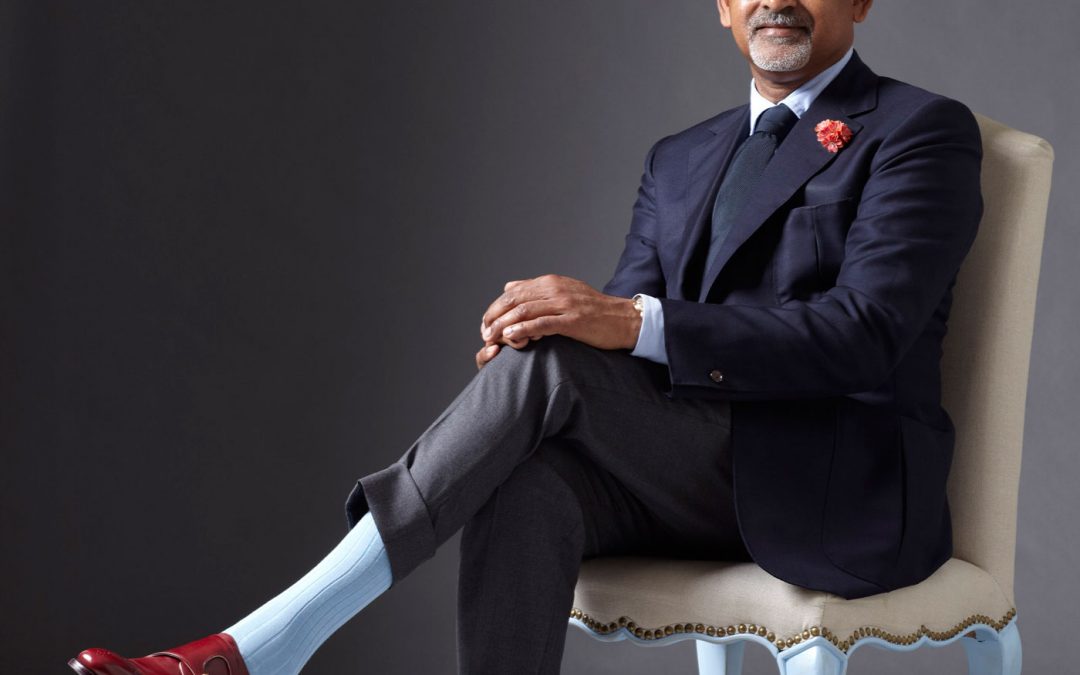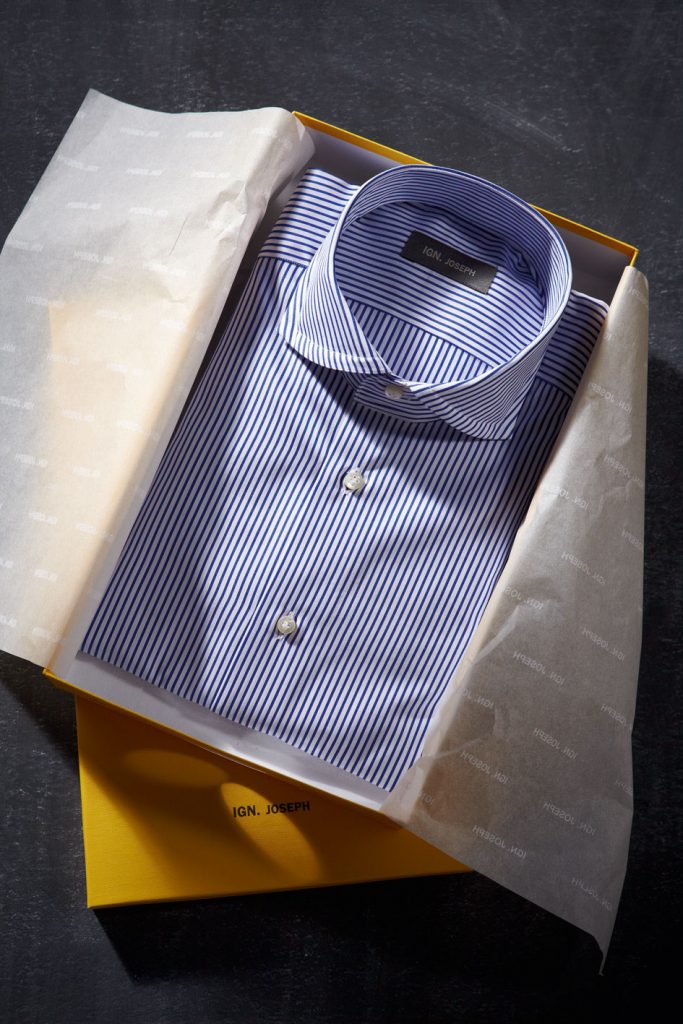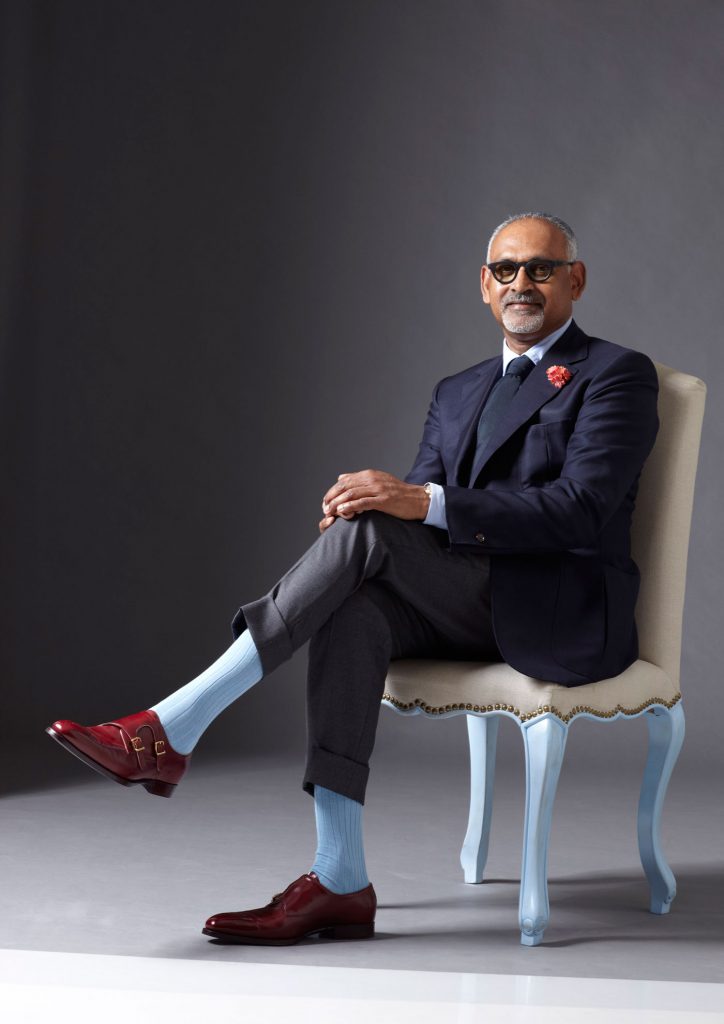Ignatius Joseph, IGN Joseph
Düsseldorf, Germany
1. What aspects or historical elements of the business have led to the success of IGN Joseph thus far? i.e. successes on the business side that have impacted sales (for the better) and grown the brand. Please talk us through the competitive landscape of menswear in Germany, and in Europe generally – and how that has impacted your business.
My approach to men’s shirts would not have been as successful had there not been a major shift in men’s clothing trends after the reconstruction period, often called in Germany the “economic wonder”. Of course it was not a wonder at all, but I won’t get into that here. The “wonder” from which I profitted was the massive increase in contact between Germany and Italy. The Italians did not just bring ice cream and manual labour to meet post-war shortages. They brought a style of dress, a lightness which had been unknown in Germany for the previous century. The flow of vacationers from Germany to Italy also influenced their feeling toward light, colour, fabrics and elegance. Hugo Boss was making uniforms during WWII– it was this new Italian “feeling” that made the firm into a kind of “German Armani”. That trend has continued. This lightness is the core of my philosophy of shirts.
2. What do you think is the future of tailoring? Do you see technology replacing the essential art of tailoring for instance, cutting, measuring or producing bespoke suits and shirts?
I see technology replacing everything whether it makes sense or not. In the 1960s this was called the “technological imperative”. Of course if people buy industrial product and abandon personal tailoring, only a minority will have it or afford it. There is a lot of clothing product which is just wasted cloth. The market is flooded with it. This tends to push good clothing– by which I do not mean just expensive– out of the shops and its producers out of business. Technology however does not do anything by itself. People make decisions about what they want and if they do not know what they are buying– except perhaps according to price– then they will tend to follow trends rather than make their own decisions. Let me put it simply. I want good technology in my computer or my car but I do not wear these items. So my feeling about clothing is that it has to retain human features. Now one can debate today– as one has for centuries– what does it mean to be human?
3. If I had never made a MTM or bespoke dress shirt in my life, how would you advise/market your product to me (or on bespoke garments generally), and in turn convince me to purchase from IGN Joseph? Talk us through the Unique Value Proposition you would present to prospective clients, online and in-person.
I appreciate your interest in applied business administration concepts. But I am not an academic or a consultant. Sales in my view is a personal interaction. The product has to be appreciated by someone who either has experience with it– in this case the shirt– or is willing to have such experience, to try something. Then there is the essential element of confidence. There are thousands or tens of thousands of shirt producers. There is no single objective reason for choosing one as opposed to others. It is always a combination of interests including the personal interaction between salesperson and potential customer. The only difference in my shirts– or better said the category of shirts to which mine belong– is that there is always a salesperson involved. There is always, to use a cliché, a conversation involved. I do not sell supermarket, self-service products. Hence the unique quality– although I do not believe in jargon like “USP” etc.– is that both seller and buyer genuinely meet around my shirts and that relationship between informed seller and interested buyer prevails. It remains primarily human interaction and not just commerce.



